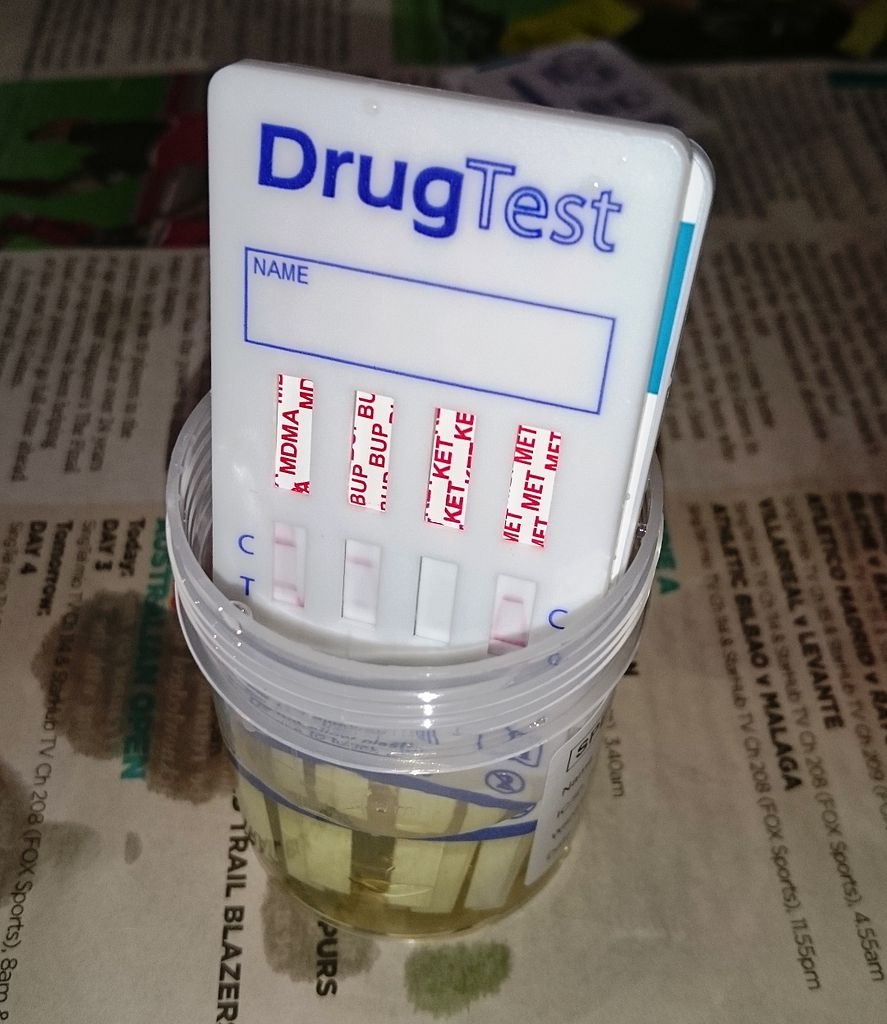Inconclusive drug test results and what to do when an employee shows up drunk to work
Contributors

Christian Scali

Jennifer Woo Burns

Jasmin B. Bhandari
Employers can (and should) require pre-employment drug testing, and refuse to hire a prospective employee if he/she fails to pass the drug test, provided notice and consent was properly given and obtained. Drug screens should only be conducted after a job offer has been made, and not as a way to screen applications. If the prospective employee refuses to take the test, the job offer can also be withdrawn, provided the employer gave all of the required notices and followed applicable law. But what if the drug test is inconclusive? And what should an employer do if an employee appears intoxicated at work? Read on for guidance on these tricky situations, and more.
Inconclusive drug test
Drug test results can be inconclusive if the sample is diluted. An inconclusive or diluted drug test result could be a sign that the sample was tampered with, raising suspicion of whether the employee is attempting to avoid detection of drugs by “cleaning out their system.”
While there are innocent explanations for diluted samples (such as high water intake), employers should advise the prospective employee of the inconclusive result and that s/he will need to retake the test. The employee should be instructed to avoid high liquid intake before the next test, and be informed that a subsequent diluted result will preclude employment.
Inconclusive or failed drug test results received after employee has begun work

Photo by ProjectManhattan.
Pre-employment drug testing is just that, pre-employment. Allowing an employee to begin working prior to his/her drug testing results being received, or worse, prior to the drug test being administered, exposes the employer to potential liability. Now, if the employee fails or receives inconclusive results, the employer will have to terminate the employee, rather than merely withdraw the job offer. One alternative is that if the employee begins work prior to receiving the results of a drug screen, the employee should be notified in writing that his/her hire is conditional upon satisfactory completion of a drug screen, and as such, will be revoked immediately should the results be unsatisfactory.
Employee appears intoxicated at work, and it turns out s/he may have an alcohol problem
If management observes objective indications that the employee may have prohibited substances in their system while at work (for example, slurred speech, strange behavior, smelling of alcohol) or other circumstances exist to raise reasonable suspicion, the employer should have a private conversation with the employee about the suspected drug/alcohol use. As with all sensitive conversations, at least two management or HR employees should be present. During this conversation, the employer should avoid asking any questions that could elicit medical information and instead focus its inquiry on the potential policy violation and the employee’s ability to safely perform the job.
This is a scenario in which having a strong and detailed drug and alcohol use policy is critical. If the employee admits to being intoxicated, the admission should be documented, and the employee should be sent home for the day and disciplined in accordance with drug and alcohol use policy (for example, immediate termination/suspension, a formal write up, or a Last Chance Agreement, described below). It is important to note that prior conduct can set a precedent, so the policy should be followed, or modified, but applying it differently to different employees (for example, a star performer) can lead to claims of discrimination. The employee should also be informed if any repeat violation of the workplace drug/alcohol use policy will result in immediate termination, which may be permissible even if the employee has a drug or alcohol problem.
Nevertheless, the employer may have different obligations and options if the employee advises (or the employer suspects) that this was not an isolated instance, and instead, the employee has a substance abuse problem. Again, the employer’s specific policy will provide guidance on next steps, but one option includes presenting the employee with a “Last Chance Agreement,” in which the employee admits that the employer had cause to terminate but is providing the employee with a last chance conditional on successful completion of certain requirements, such as a drug/alcohol abuse program and/or periodic drug/alcohol screening.
Of course, if the employee has a safety-sensitive position, such as one that requires him/her to drive as part of their job, the employer will have additional risks and burdens to ensure safety. In that case, the employer can try to provide an accommodation such as modifying the job duties to exclude safety-sensitive duties, or placing the employee in another position (without safety-sensitive duties) for which the employee is qualified, pending completion of the alcohol/drug program.
Per Labor Code §§1025-1028, employers with 25 or more employees must reasonably accommodate an employee’s desire to undergo treatment for drug/ alcohol dependency, absent undue hardship.
The scenarios discussed herein are complicated and tend to be fact-specific; therefore, we encourage you to contact experienced legal counsel before making any adverse personnel decisions related to drug/alcohol use. This article is provided for informational purposes only and does not constitute legal advice.
